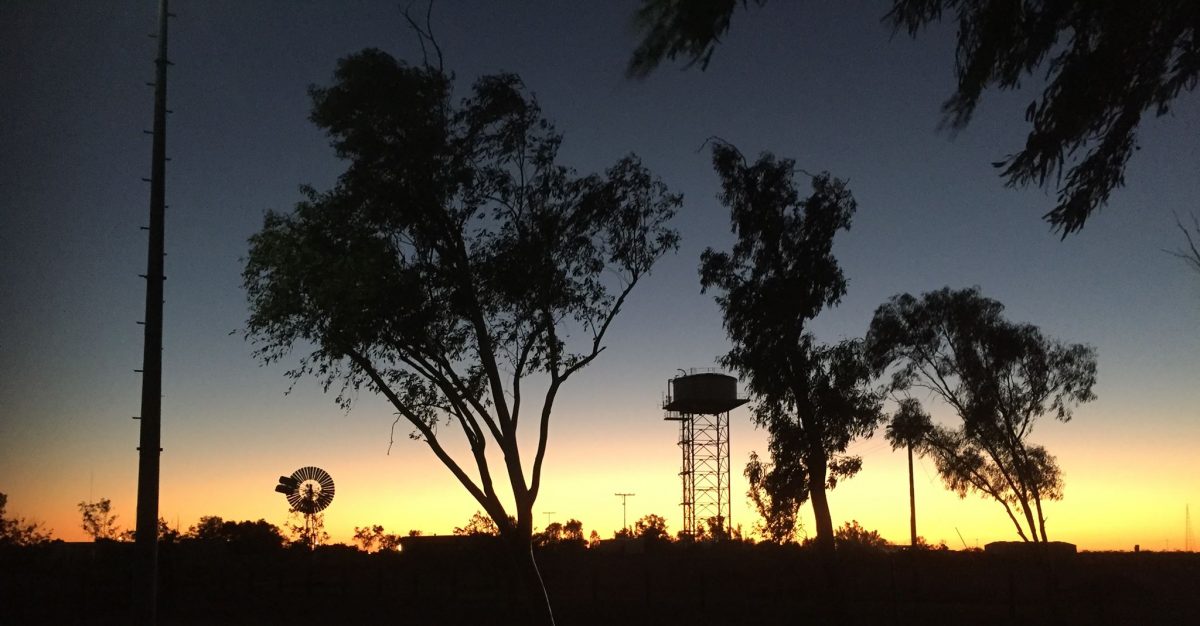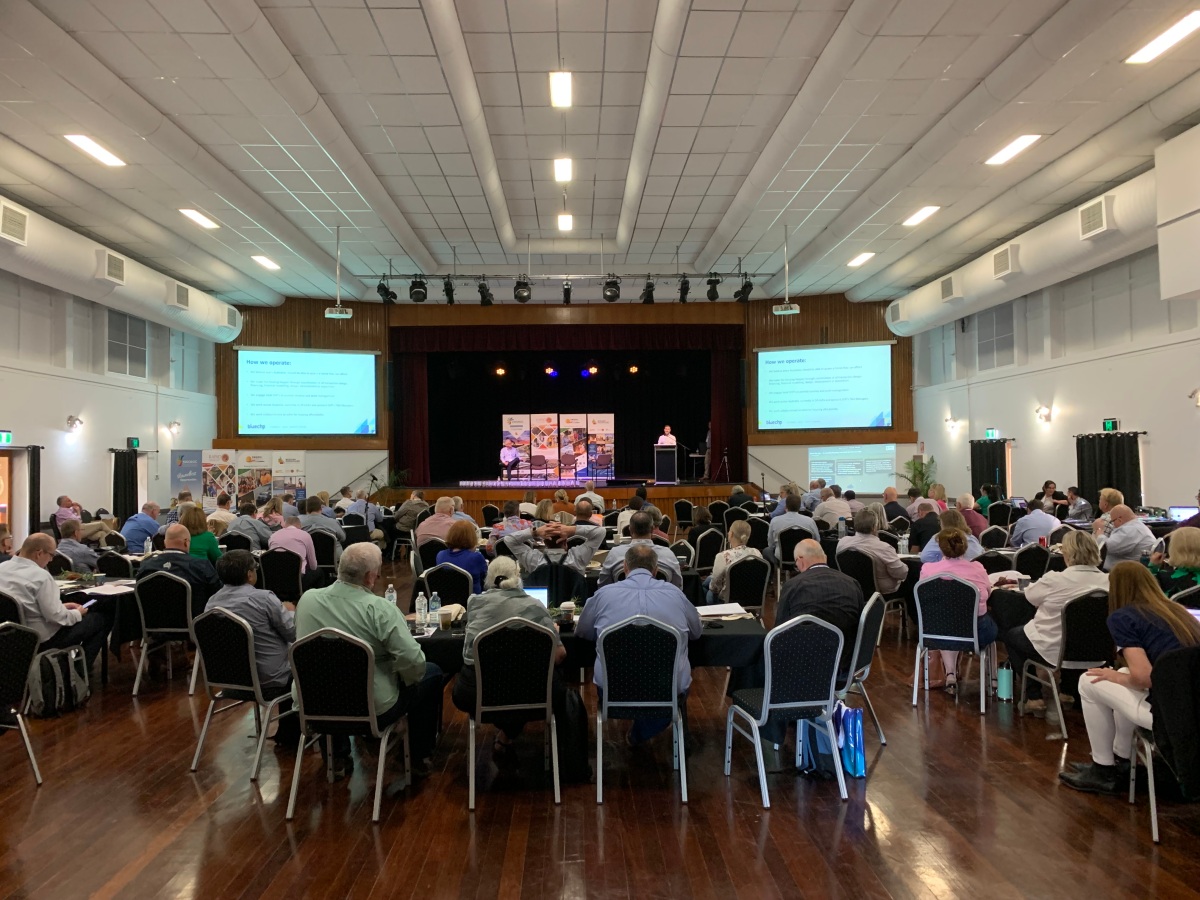Wondering at the wash up of last Saturday’s referendum on the indigenous voice to parliament, I remember there was another time when a vital part of our nation had sought and failed to secure a stronger voice through inclusion in the Australian Constitution.*
Following the rejection in 1974 of a direct financial relationship between the Commonwealth and local government, in 1988 voters refused constitutional recognition of local government, because it was seen as upsetting the structure of the Australian federation.
Rebuffed at two referenda, since then the cause of local government has grown not diminished.
With just 3.6% of Australia’s total taxation revenue, councils have responsibility for vital facilities and services equivalent to about one-third of public infrastructure.
To get the job done, the sector has punched well above its weight through innovation, improvisation, collaboration, community engagement and partnering with other levels of government.
No where is this more evident than in western Queensland where 67,094 people (just 1% of the state’s population) generate more than $16 billion in economic output.
The challenges of sustaining and developing communities across an area bigger than western Europe are immense, demanding of creative local initiative and leadership, regional collaboration and coordination, and effective alignment with the policies other levels of government.
Sustainable regional development does not happen by accident, requiring informed strategy, mobilised networks, and sound management.
All this was on display in Winton recently when the 24 members of the Western Queensland Alliance of Councils (WQAC) met to discuss ways of shaping the future development and well-being of their communities, including by strengthening and extending their own systems and capacities.
Federal Treasurer Jim Chalmers opened proceedings by acknowledging how much of Australia’s identity derived from the regions and how important economically they were to our nation’s prosperity.
This positive note was further reflected in the optimism of delegates and a proactive collaborative WQAC agenda for the councils titled “Know the Way, Go the Way, Show the Way’.
Over two days we discussed innovative outcomes-focused proposals addressing the housing crisis, learned about visionary projects in sectors as diverse as renewable energy, tourism and wool processing, and gained insights for growing local workforces through community initiative and helping people through better health awareness and practice.
The example of local government collaboration in regional western Queensland shows the value of local leadership and vision over tilting at symbolic actions or constitutional windmills, delivering instead social, economic, and environmental benefits that extend internationally.
*This article first appeared in the Queensland Country Life 19 October 2023 p 21

